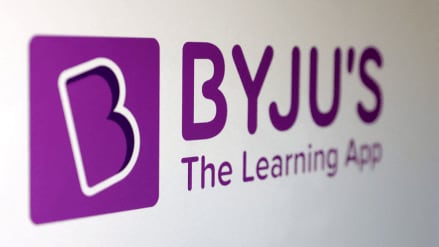Financially constrained edtech firm, Byju’s has rolled out a new policy linking salaries of its sales staff to the revenue they generate every week. This comes at a time when the company has not been able to pay full salaries for February and March to its staffers due to paucity of funds. Part salaries for these two months were also paid in a staggered manner with a delay.
According to the available internal documents reviewed by Fe, Byju’s will now directly pay a percentage of the weekly revenue generated by each sales staff at the end of the seven-day period.
The company said the new policy is applicable to the Inside Sales (IS) and Byju’s Exam Prep (BEP) team, which largely focus on generating revenue for the company. The policy, which was introduced within the company on April 24, will be applicable for a period of four weeks till May 21.
“Starting immediately, 50% of the upfront weekly collection will be directly disbursed to our sales associates every week for the next four weeks. For instance, if an associate successfully collects Rs 50,000 in revenue generated from orders between April 24 and April 30, they will receive Rs 25,000 on May 1,” the documents show.
Byju’s said that the base salaries for sales team associates will be suspended temporarily during this period. “Since the base salary has been suspended, you will not receive any payout or salaries for the given period (when the associate fails to do any revenue in a given week),” Byju’s added.
Byju’s did not officially comment on the matter.
According to Byju’s, the percentage of payout will vary depending upon three factors — revenue generated by each employee, their designation and the number of sales associates working in their team. In case, employees in the managerial level fail to retain a specified number of sales associates in the team, it can result in reduced payout, Byju’s said.
Byju’s has been facing an acute shortage of funds as it is unable to utilise the funds raised through the recently concluded rights issue. According to the directions of the National Company Law Tribunal, the funds have been kept in an escrow account until the court disposes of the case relating to the dispute between the company management and a set of aggrieved investors.
